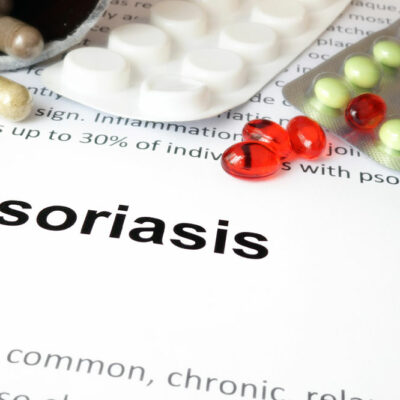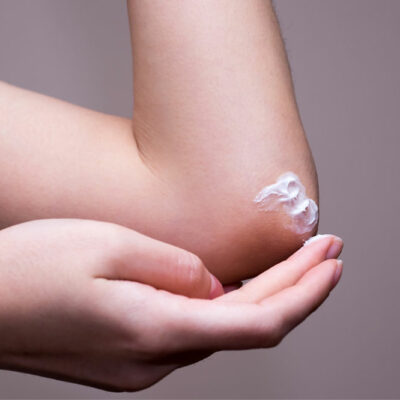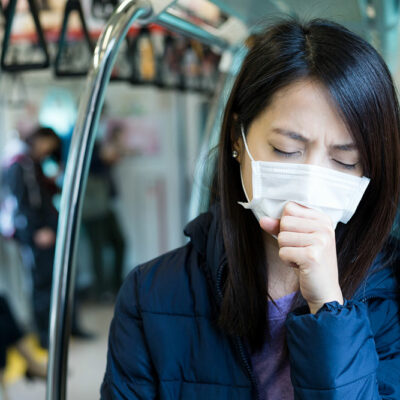
6 tips to keep the lungs healthy
Our lungs help us breathe in oxygen and filter out harmful pollutants from the air. Therefore, it is essential to care for the lungs and keep them healthy. Poor lung health can increase the risk of several respiratory conditions that impact a person’s quality of life and lead to other complications. Keeping this in mind, we have put together a few simple tips to ensure your lungs remain healthy and functioning properly. Reduce exposure to air pollution A great way to maintain healthy lungs is to reduce exposure to environmental pollutants. Stay indoors as far as possible on high air pollution days and wear a face mask before leaving the house. While we cannot always control our environment, these steps will help prevent you from inhaling tiny particles that can harm the lungs. Regular exercise Another way to keep your lungs healthy is to exercise and indulge in physical activity regularly. Taking long walks amidst nature or practicing yoga can improve lung function and reduce the risk of respiratory diseases. Managing stress Research suggests stress can impact respiratory health by causing rapid breathing and inflammation. Practicing relaxation techniques like deep breathing and pursuing a hobby are two ways to cope with stress and thus support the lungs.
Read Article 









